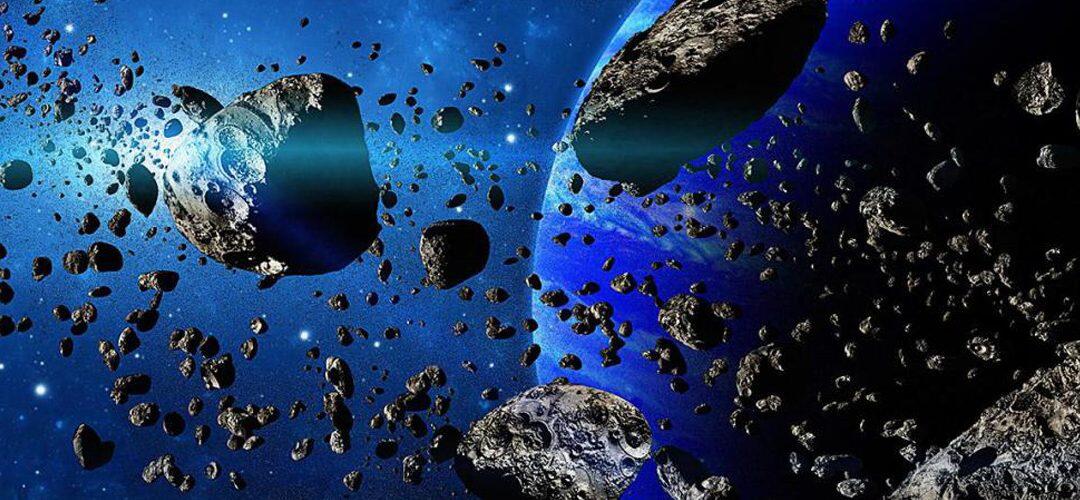You cannot but smile when reading news mentioning that students from India are joining the global hunt for asteroids. Students’ interest in astronomy is a lot better than their interest in other things, that might not broaden their view or make them think outside of the box.
After all, being concerned about space issues means thinking of what is “outside earth” itself.
To add to NASA’s database of asteroids hurtling in space
What is so special about today?… That program we are just mentioning the benefits of above, is beginning today, and will continue until August 23.
There will be 90 teams, and 2 participants each per team, from across the country have been selected for the programme.
Nearly everyone is interested in discovering asteroids. This year, under its AIASC for 2016, SPACE, in collaboration with the International Astronomical Search Collaboration (IASC), conducted by Patrick Miller from Hardin Simmons University in the US is offering students from India a chance to add to NASA’s database of asteroids hurtling in space.
Over the past 6 years, several amateur astronomers and students from across the country have made discoveries facilitated by SPACE under its educational outreach programme, AIASC.
Student… To instructor
Amanjot Singh, who was the first to discover an object from Asia in 2010, as a student in class XI, said: “The experience was great and I got to learn a lot,” says . Singh says he was enthused by the experience and has now joined SPACE as an instructor.
The campaign gives the participants access to astronomy images, and gives them the opportunity to explore and study astronomy in a hands-on and detailed approach. What the students will like the most, probably, is interacting with international scientists.
According to Indian Express, This year’s participants are set to be also recognised for their contributions in the form of ‘digital badges’, that they can showcase on various social media networks like Facebook, Twitter and LinkedIn.
“A concept borrowed from gaming, a digital badge is a validated display of achievement, skill, quality or interest and the completion of specific tasks will allow the participants to apply for the AGC recognised badge related to the specified criteria,” says Mila Mitra, Scientific Officer, SPACE.











